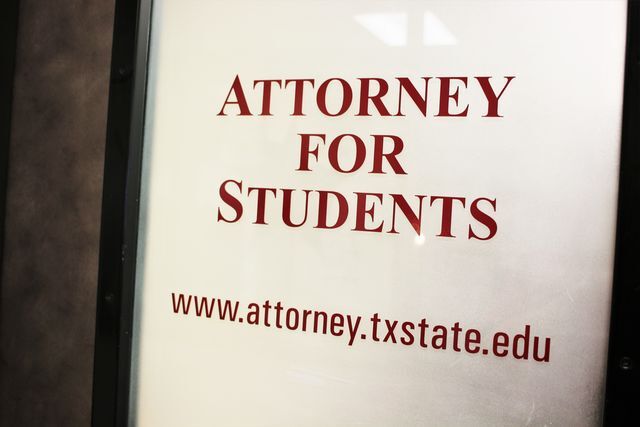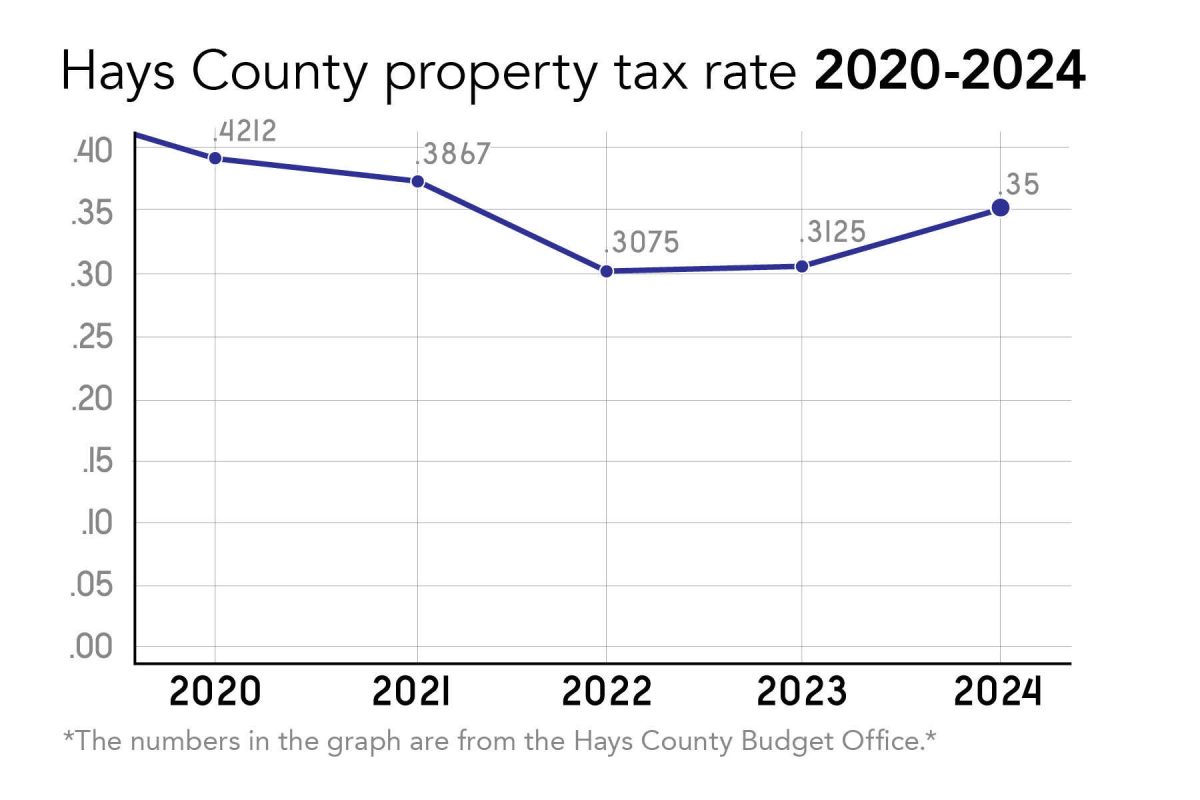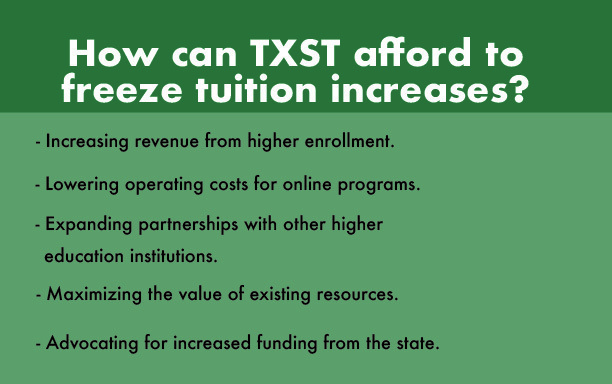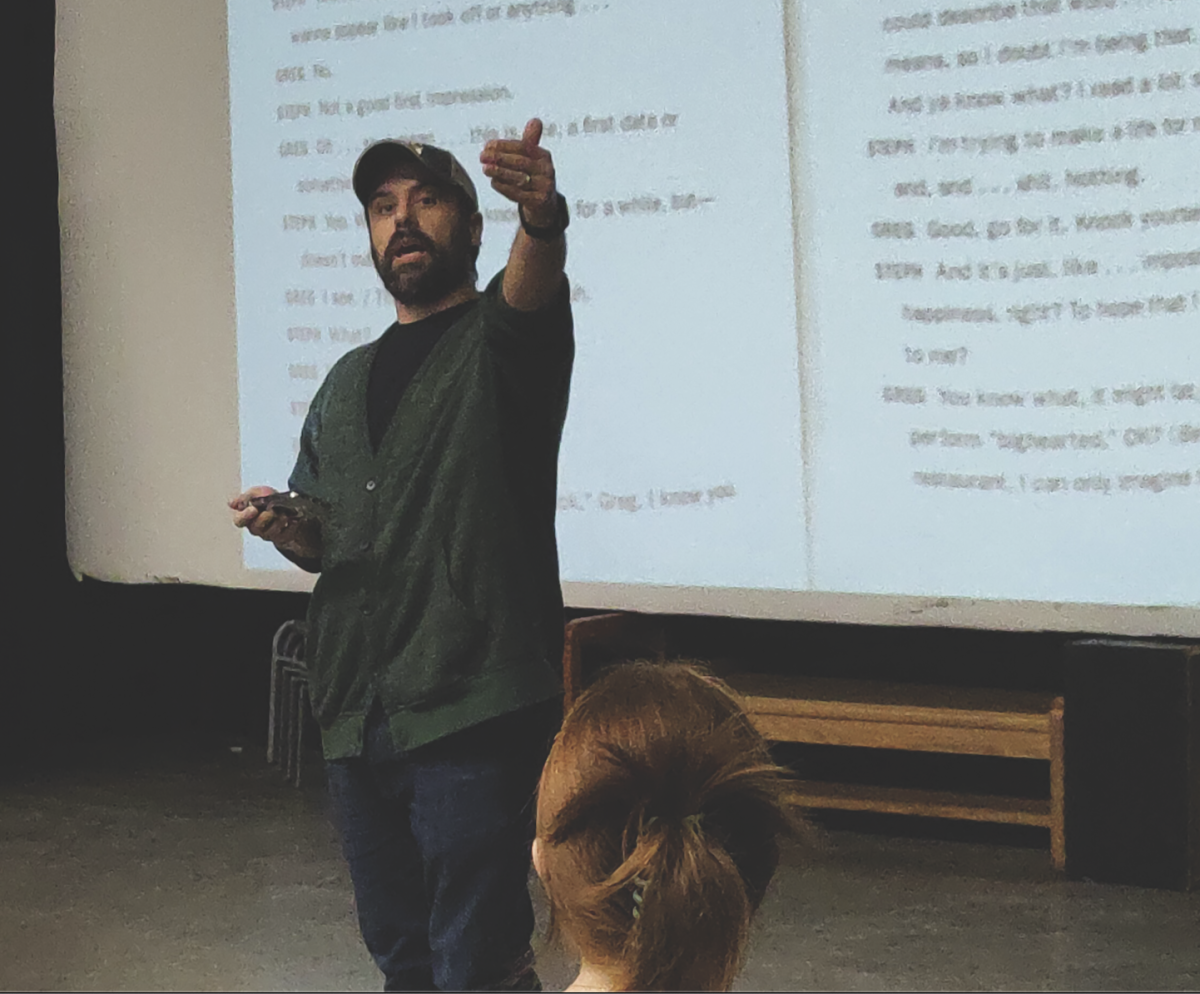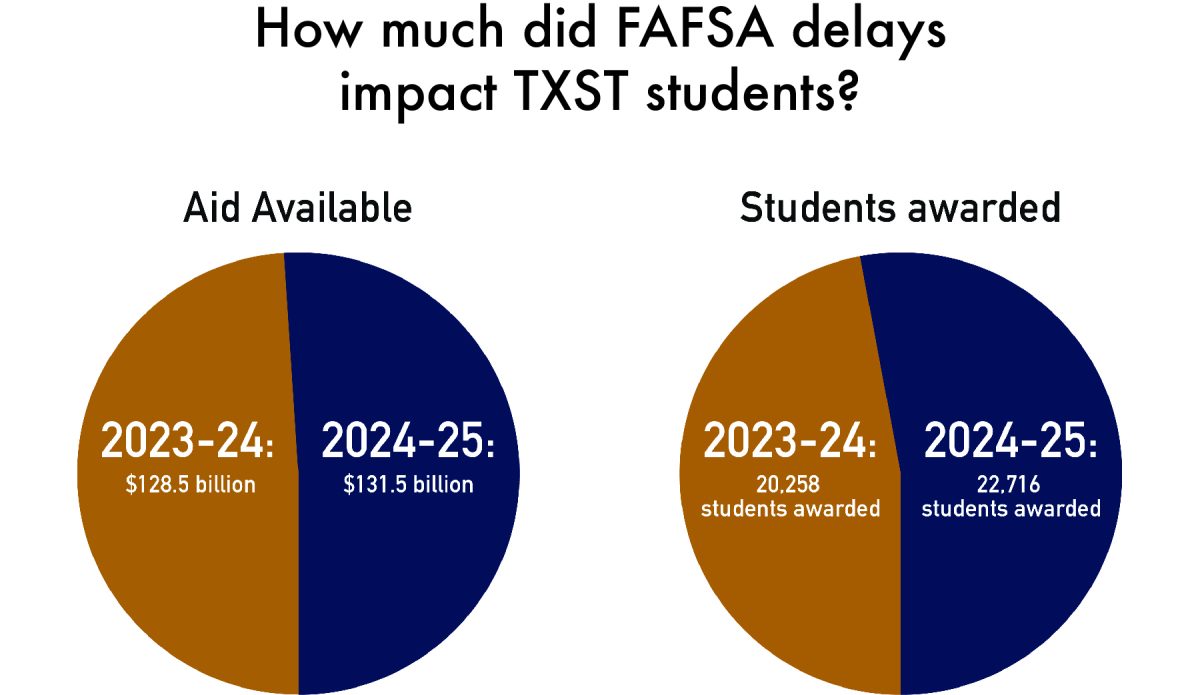During the latest Student Government presidential debate, the lack of an immigration attorney at Texas State was a concern and has been since the legislation to recommend the hiring of such attorney failed in September 2017.
Ethnic minorities make up 52 percent of the student population according to the Texas State’s Facts and Data website. No immigration attorney exists on-campus to aid students with immigration-related issues. However, schools across the state currently provide such assistance.
Alex Molina, political science junior and Student Government senator, and Mariana Zamora, alumna and former senator, co-authored the proposed legislation titled “A Resolution to Establish a Position of an Immigration Lawyer at Texas State University.”
The legislation suggests bringing an attorney to campus to aid students with immigration-related issues.
Student Government voted on the resolution Sept. 25, 2017, during a meeting, but failed to pass it. The resolution received a final vote of 20-19, missing the resolution by one vote.
The role of an immigration attorney on campus would be like an advisor or counselor to foreign citizens and immigrant students. Unlike a traditional lawyer, an immigration attorney spends less time in courtrooms and more time providing advice and guidance to their clients.
Usually providing help with visa applications, green cards, citizenship, naturalization, deportation issues and employment for non-citizens, making sure such applications are submitted correctly otherwise to guarantee the applicant to her/his best chance.
The immigration attorney would be much like hiring any other attorney. It would first have to go through administration. An immigration attorney would need to go through the same process any faculty member goes through before getting hired.
According to Bobbie Brandenburg, a Human Resources representative for the employment section, once there is a job opening, such as an immigration attorney position, a search committee will be created to review all the applicants for that position. Those applicants will then be evaluated through a matrix system that will evaluate if the candidates meet the requirements.
At least three applicants will need to be interviewed before making a final decision. Once the final decision has been made the applicant will have to get a background check, which is then sent to the Equity and Access department and then back to Human Resources. If the applicant passes the background check, they have the job. The applicant will negotiate a salary and attend the new employee orientation.
Molina says no barrier exists that would prevent an immigration lawyer from coming to campus and helping students.
“There’s nothing in print that says we can’t do it, there are other universities in Texas who are doing it,” Molina said. “They have a center model that we can follow and the whole time we’ve been thinking of having the lawyer in a part-time position and increase time if needed.”
Public universities have hired immigration attorneys including The University of Texas at Dallas.
Elijah Miller, Student Government senator and criminal justice junior, said he reached out to the immigration attorney at The University of Dallas and discussed the legality of bringing an immigration attorney to Texas State and said there shouldn’t be an issue in hiring one.
“We’ve been told it was impossible and come to find out that’s not true at all. We were told that it was against the rules and regulations of Texas State, but it’s not,” Miller said. “The University of Dallas is a different school but we operate under the same laws, to say it’s illegal to hire an immigration lawyer is factually incorrect.”
Shannon McCall FitzPatrick, director of the Office of Attorney for Students, said hiring an immigration is something Texas State can provide.
“It was all a misunderstanding. To be clear, it’s not illegal to get an immigration attorney,” FitzPatrick said. “It’s an administrative decision. It depends on if the school has the space and money.”
Preston Nieves, Student Government senator and political science sophomore, supported bringing an immigration attorney to campus and said the school should find the funding or an alternative.
“There’s no written rule anywhere at the university level or the university system level prohibiting us,” Nieves said. “The way we could bring an immigration attorney to campus is through activism.”
Categories:
Students weigh in on immigration attorney
March 9, 2018
The door to the Attorney for Students office which is located in LBJ on the fifth floor.
Photo by Chelsea Yohn | Staff Photographer
0
Donate to The University Star
Your donation will support the student journalists of Texas State University. Your contribution will allow us to purchase equipment and cover our annual website hosting costs.
More to Discover


